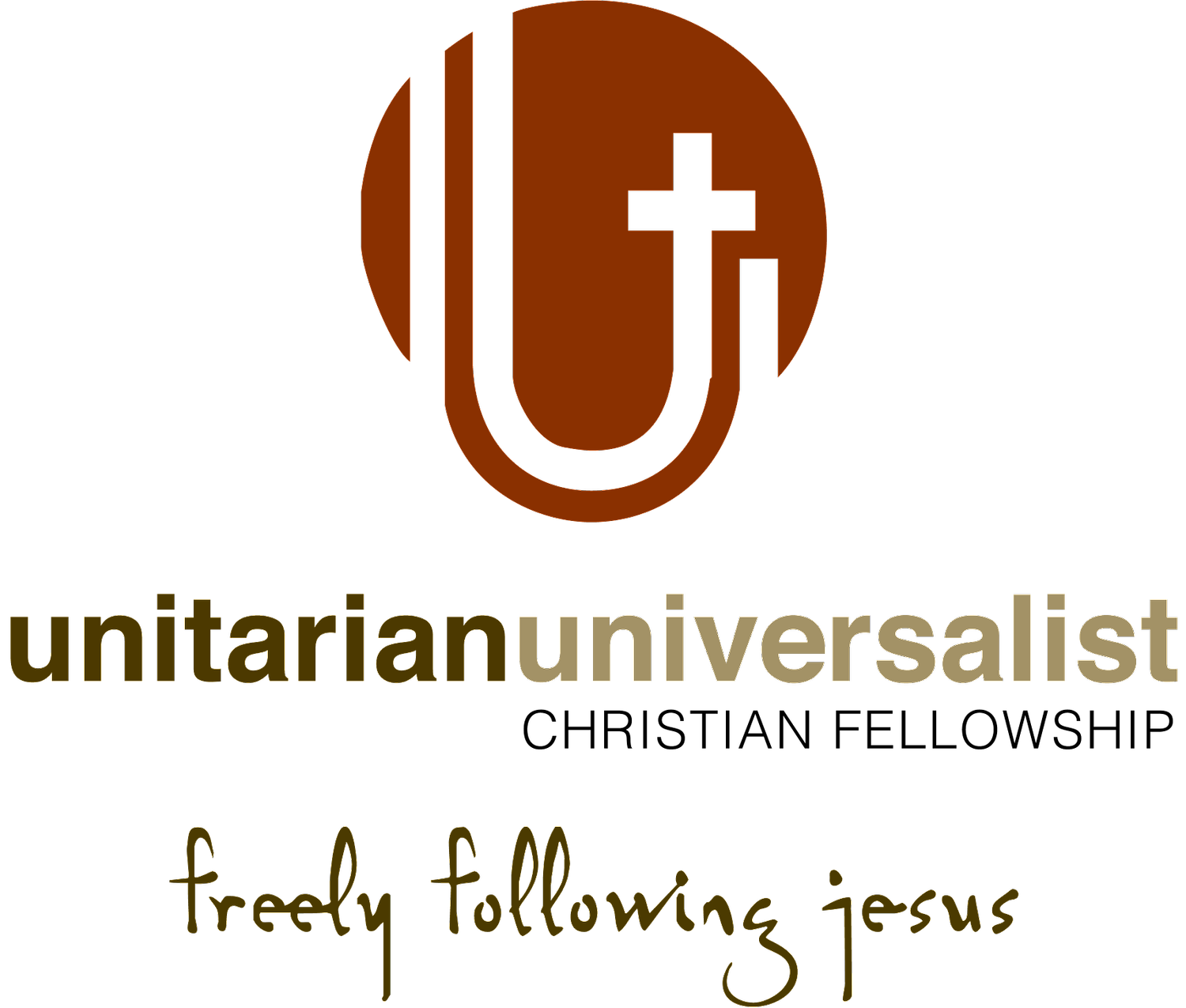FREQUENTLY ASKED QUESTIONS
Who are you?
We are people seeking to freely follow the spirit of Jesus and to share this spirit within and outside the Association of Unitarian Universalist Congregations. Our bylaws state: "We serve Christian Unitarians and Universalists according to their expressed religious needs; uphold and promote the Christian witness within the Unitarian Universalist Association; and uphold and promote the historic Unitarian and Universalist witness and conscience within the church universal.” Another way to put this is: We witness for the power and story of Christianity to free religion, and witness for the power and story of free religion to Christianity. Although we are no longer considered an independent affiliate of the Unitarian Universalist Association (as of 2007) we continue to have a relationship with the larger association of Unitarian Universalist Congregations.
Are you a new group?
We organized in 1945. In many ways our history began and is continuous with the organizing of the Universalist movement in America in 1793 and later with the organizing of the American Unitarian Association in 1825, an organization of individuals whose aims were to promote “pure Christianity.”
Do you believe in the same doctrines and practices as other Christians?
There has always been a great diversity in beliefs within the Christian tradition. The UUCF does not require common theological beliefs or spiritual practices. We welcome all who seek to be partners and participants in our tradition’s “Great Conversation” about God, Jesus, the Bible, and spiritual disciplines.
But how can you be Christian and Unitarian Universalist?
While some within Christianity would exclude us now as before because of our non-creedal basis, the term “Unitarian/Universalist Christian” would once have been considered a redundancy, the same for example as “Methodist Christian.” Unitarians and Universalists have roots in the liberalizing movements within the Protestant Christian Radical Reformation, and in many places Christianity continues to be the common way to be Unitarian Universalist. UU Christians feel they can best follow in the spirit of Jesus and best deepen their spiritual lives within the freedom of UU congregations, whether or not those congregations are expressly Christian-oriented.
Do you have to call yourself a Christian, or a UU, to be a part of the UUCF?
No. Many among us express themselves as “Jesus followers” or as just “Unitarian Universalists” or as “liberal religionists” or some other term, and many shy away from adopting any identifying label. We simply have a central response to Jesus as a “song in our heart” that stirs us to service in the world and to growing our minds and souls.
Our fellowship is also open to seekers and to those who are not Unitarian Universalist, but may be Christians in other traditions, or followers of other spiritual traditions. We welcome people regardless of religious affiliation, who find value and meaning among us and in supporting our values and purposes. We don’t think Jesus would have it any other way.
What do you do?
Our primary ministry is to our members and friends who are interested in deepening their faith as liberal Christians. We do this in a number of ways:
- We have an active publication ministry. We produce the “Good News” periodical six times a year full of essays and meditations and reviews and liturgies and interpretation of biblical passages. We produce the annual UU Christian Journal, a premier theological publication which has recently completed its 58th volume.
- Every other year we hold “Revival,” which is a gathering of UU Christians and those interested in liberal Christianity from all over North America and, in some cases, the globe.
- We sponsor an annual history and biblical scholarship prize contest. We hold annual Revivals, multiple day events for a variety of worship, workshops, youth programs, and service and social opportunities.
- We sponsor major programs at General Assembly each year. We are a presence at ecumenical and interfaith events.
- We help create and nurture local UUCF groups or Christian spirituality covenant groups in cities or within local churches.
- We offer several online discussion groups via email.
- This website offers access to upcoming programs, commentary on recent events, historical documents, essays about UU Christianity, and links to other websites of related interests.
What kind of Revivals do you have?
Revivals include at least two worship services a day, a communion service, a healing and prayer service, rousing music and spirituals, workshops on theology, the Bible, history, spiritual practices, social action and other tracks, youth programs, social events, and small group gatherings throughout the event.
Where are you located?
We have members spread across the United States and Canada, and in several countries around the globe. Our Executive Director and main office are in Oak Ridge, TN.
How are you governed?
We have an annual meeting of members held each year during General Assembly and have an elected Board of Trustees to govern the organization in between Annual Meetings. An Executive Committee of officers on the Board also meets to coordinate the business of the Board. Bylaws are available through the website. Minutes of Board meetings can be received by contacting the Recording Secretary or Executive Director. The Leadership Roster is also posted on the Website and in the annual Journal.
How can I learn more and carry on this conversation?
Visit our website. Join an email list. Contact one of the UUCF Board members or Executive Director or write/email us at our Administrative Office. Also contact us if you would like a speaker for your group about the UUCF or our tradition of free, vibrant, inclusive, progressive Christianity.

